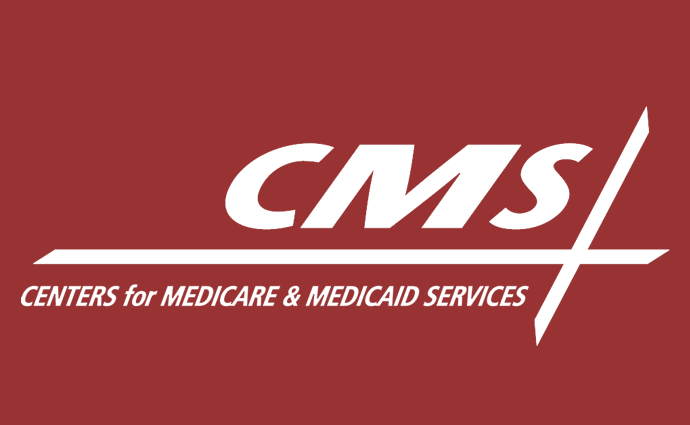CMS Updates Medicare Coverage for Certain Lung Cancer Screenings
The agency has expanded the population of beneficiaries that qualify for low dose CT scan lung cancer screenings, following the USPSTF’s B recommendation in 2021.

Source: CMS Logo
- CMS has announced that it will expand the eligibility criteria for a national coverage determination for lung cancer screenings.
“Expanding coverage broadens access for lung cancer screening to at-risk populations,” Lee Fleisher, MD, chief medical officer and director of the Center for Clinical Standards and Quality at CMS, said in a press release emailed to HealthPayerIntelligence. “Today’s decision not only expands access to quality care but is also critical to improving health outcomes for people by helping to detect lung cancer earlier.”
The national coverage determination expands coverage for lung cancer screenings conducted with low dose computed tomography (CT) or a CT scan.
Medicare will cover low dose CT scan lung cancer screenings for Medicare beneficiaries who are between 50 and 77 years of age, show no signs of lung cancer, have an extensive tobacco smoking history (20 pack years), are current smokers or smokers who quit within the past 15 years, and receive a provider’s order to undergo this type of screening.
In line with the final eligibility factor, beneficiaries must have provider input to leverage the low dose CT scan screening option.
In the beneficiary’s medical records, the provider must note that the beneficiary was deemed eligible and that a shared decision-making process took place that relied on one or more decision-making aids. The provider also must document that the beneficiary received counseling on lung screening and counseling on abstinence from or cessation of smoking.
Before CMS released this coverage announcement, the United States Preventive Services Task Force (USPSTF) updated its 2013 recommendation regarding lung cancer screenings.
The recommendation was a B recommendation, meaning that—on a scale from “insufficient evidence to make a recommendation” to “strongly recommended”—low dose CT scans for lung cancer screenings are “recommended” by USPSTF.
This recommendation—and the subsequent change in coverage—is of particular importance given the context that 87.1 percent of Medicaid beneficiaries who were eligible to receive lung cancer screenings did not receive one, according to Epic Health Research Network published in 2021. Additionally, 84 percent of eligible Medicaid beneficiaries did not receive a screening.
In lung cancer, as in other cancer groups such as colorectal cancer, catching cancer’s presence early can significantly impact a patient’s life.
“Lung cancer has a generally poor prognosis,” the national coverage determination announcement explained. “However, early-stage lung cancer has a better prognosis and is more amenable to treatment (USPSTF, Krist; 2021). By leading to earlier detection and treatment, screening for lung cancer can give patients a greater chance for cure (USPSTF, Krist; 2021).”
Payers and providers are still reeling from the coronavirus pandemic's damage to screenings overall. Some payers turned to in-home screening kits to increase access to care.
